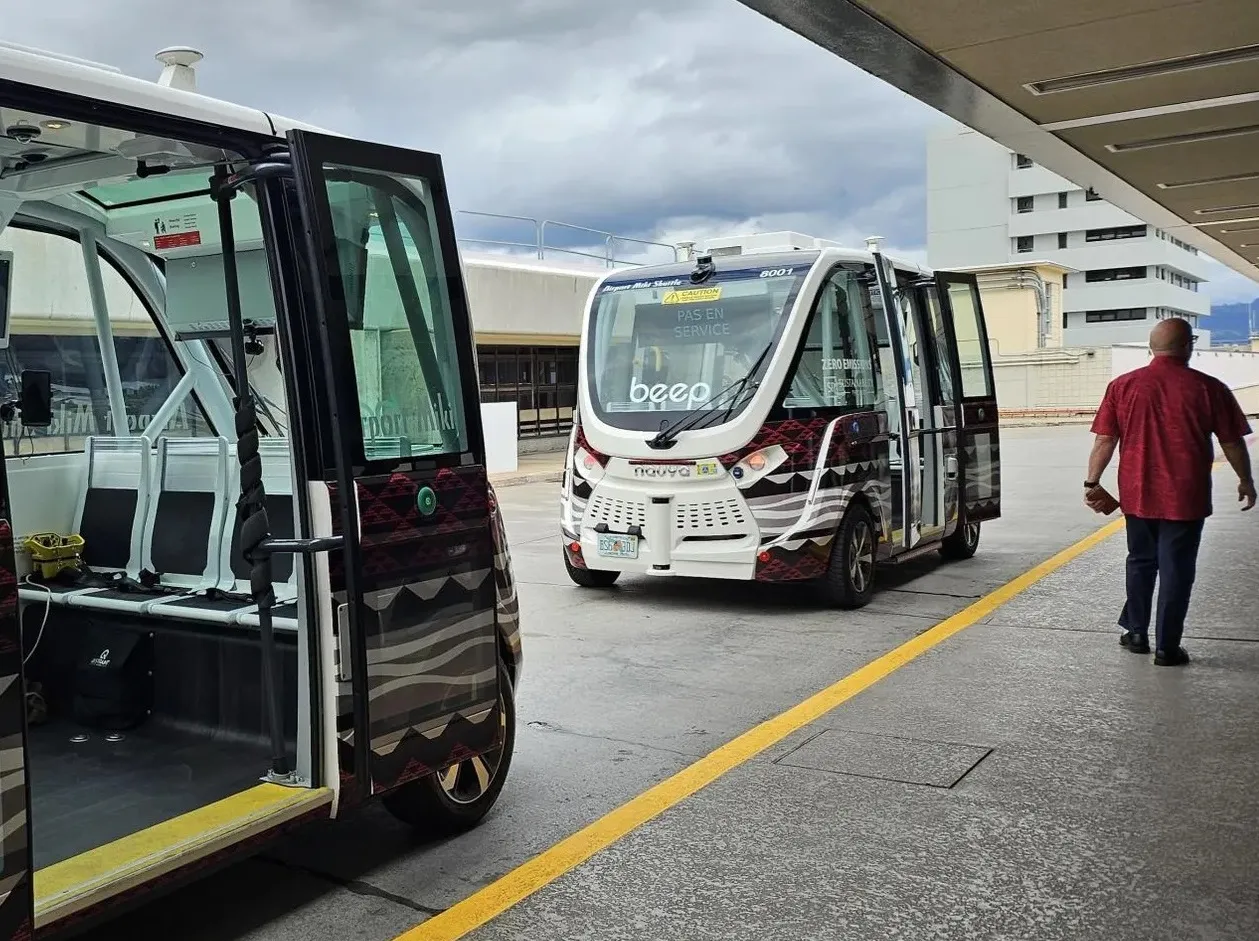From point-to-point car-sharing to tech-enabled shuttles and other new forms of “micro-transit,” there is no shortage of innovation happening in today’s transportation industry. At the ITS 2015 Annual Meeting & Expo, the Shared-Use Mobility Centre (SUMC) will be coordinating a can’t-miss session featuring four leaders who are driving advancements in shared mobility - Kaye Ceille, President, Zipcar; Joseph Kopser, CEO/Founder, RideScout; Ryan Rzepecki, CEO/Founder, Social Bicycles; and Jennifer Krusius, Pitt
May 15, 2015
Read time: 3 mins

From point-to-point car-sharing to tech-enabled shuttles and other new forms of “micro-transit,” there is no shortage of innovation happening in today’s transportation industry. At the ITS 2015 Annual Meeting & Expo, the Shared-Use Mobility Centre (SUMC) will be coordinating a can’t-miss session featuring four leaders who are driving advancements in shared mobility - Kaye Ceille, President, 3874 Zipcar; Joseph Kopser, CEO/Founder, 7867 RideScout; Ryan Rzepecki, CEO/Founder, Social Bicycles; and Jennifer Krusius, Pittsburgh General Manager, Uber Technologies
SIS06 – On the1036 Cutting Edge: Latest Trends in Shared Mobility will take place on Monday, June 1 from 12:30 to 1:45 p.m. The panel will explore the latest developments in shared mobility, such as:
Growth of new car-sharing models: Point-to-point car-sharing, which does not require users to return their vehicle to the same location from which they accessed it, has grown exponentially in the past year. Zipcar has launched its own unique car-sharing pilot in Boston called One>Way that uses a point-to-point model but allows users to reserve parking and choose their pick-up and drop-off locations prior to the rental period.
“Cool” car-pooling products: There’s been a lot of buzz about new car-pooling services such as UberPool and Lyft Line that allow users to be paired with other passengers traveling along a similar route in real time. Users who share their ride can save money without much inconvenience. Both Lyft Line and UberPool launched in August 2014 in San Francisco and have since expanded operations to New York City and Los Angeles while hinting they may soon be launching in more cities.
Dockless Bike-share systems: As the bike-sharing industry evolves, Social Bicycles (SoBi) is pioneering a new model that puts technology directly in its bikes, rather than in smart docks or stations. With SoBi’s model, riders are free to park their bikes anywhere within a geo-fenced area using built-in locks. Other users can then find the bikes using a web-based app.
Real-time data integration: The availability of real-time data from transit systems and other sources has led to an explosion in multi-modal trip planning apps – featuring routes, mode options, departure and arrival times for buses and trains, and more – that make it much easier to navigate through a city and leave your car at home. One of the leading apps, RideScout, is now also integrated with Apple Maps, making it easier than ever before to use on the go.
In addition to examining these key trends, the session will also discuss remaining opportunities and challenges for shared mobility such as integration with transit, effective use of street space and blending service with paratransit.
SIS06 – On the
Growth of new car-sharing models: Point-to-point car-sharing, which does not require users to return their vehicle to the same location from which they accessed it, has grown exponentially in the past year. Zipcar has launched its own unique car-sharing pilot in Boston called One>Way that uses a point-to-point model but allows users to reserve parking and choose their pick-up and drop-off locations prior to the rental period.
“Cool” car-pooling products: There’s been a lot of buzz about new car-pooling services such as UberPool and Lyft Line that allow users to be paired with other passengers traveling along a similar route in real time. Users who share their ride can save money without much inconvenience. Both Lyft Line and UberPool launched in August 2014 in San Francisco and have since expanded operations to New York City and Los Angeles while hinting they may soon be launching in more cities.
Dockless Bike-share systems: As the bike-sharing industry evolves, Social Bicycles (SoBi) is pioneering a new model that puts technology directly in its bikes, rather than in smart docks or stations. With SoBi’s model, riders are free to park their bikes anywhere within a geo-fenced area using built-in locks. Other users can then find the bikes using a web-based app.
Real-time data integration: The availability of real-time data from transit systems and other sources has led to an explosion in multi-modal trip planning apps – featuring routes, mode options, departure and arrival times for buses and trains, and more – that make it much easier to navigate through a city and leave your car at home. One of the leading apps, RideScout, is now also integrated with Apple Maps, making it easier than ever before to use on the go.
In addition to examining these key trends, the session will also discuss remaining opportunities and challenges for shared mobility such as integration with transit, effective use of street space and blending service with paratransit.









